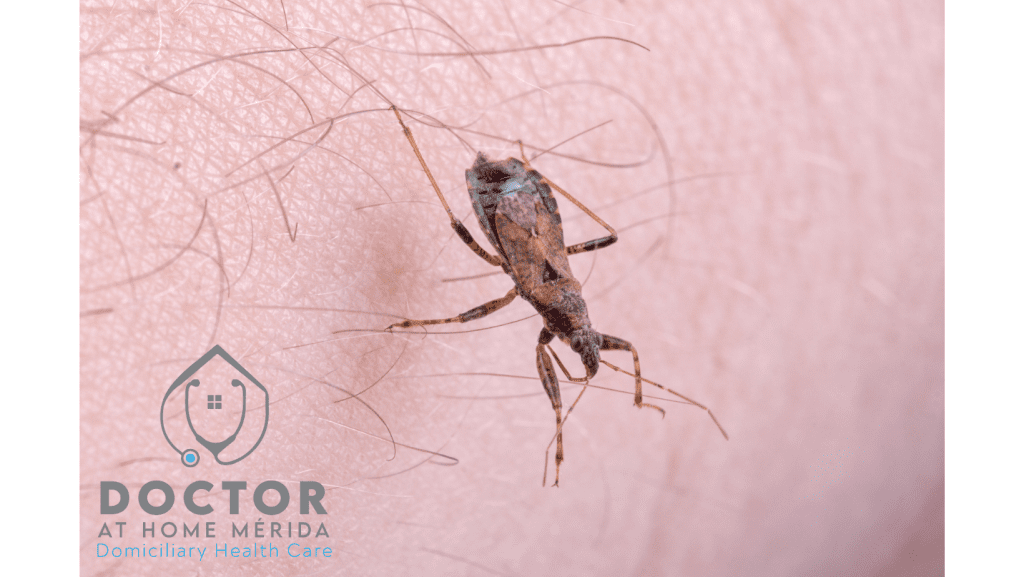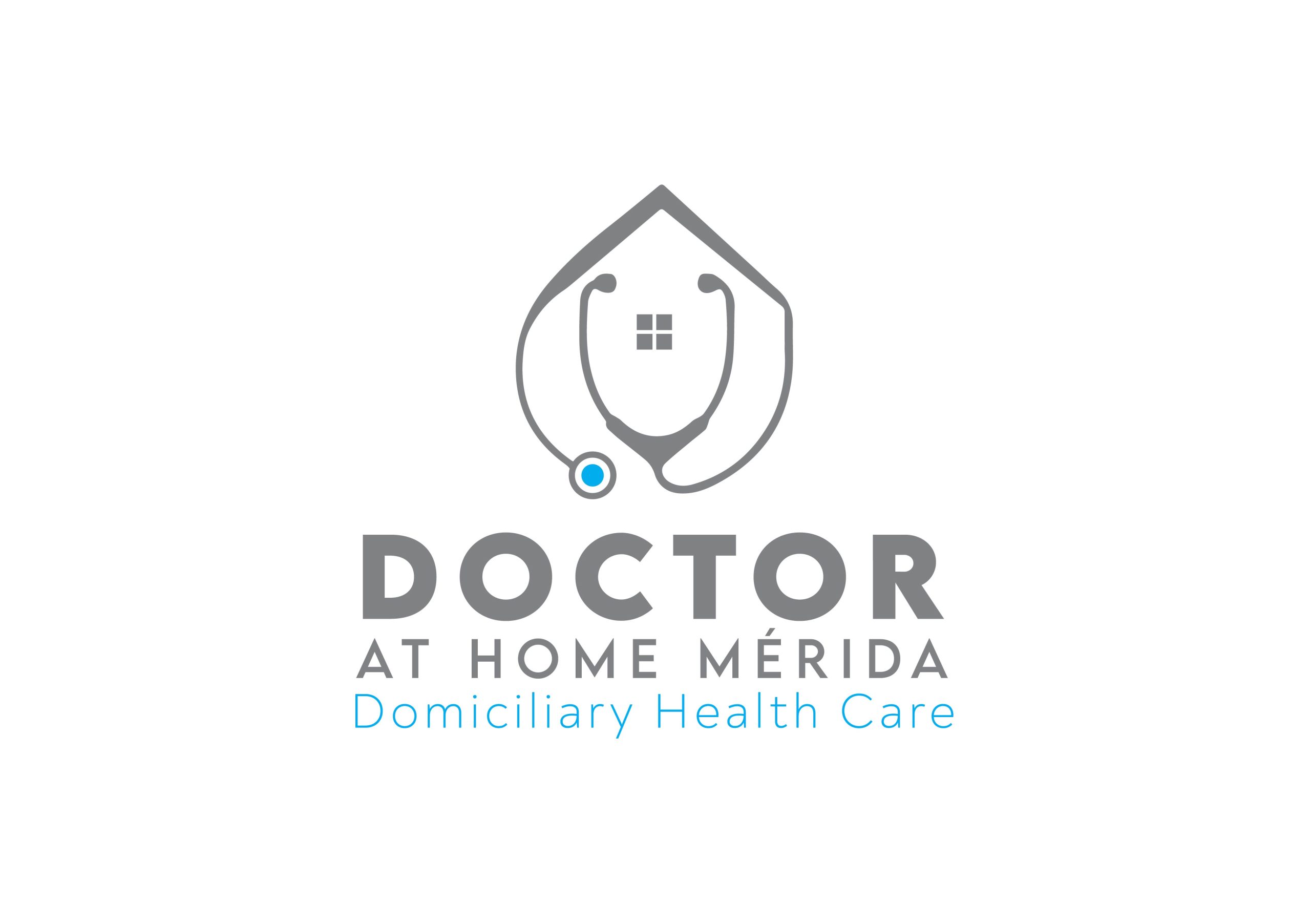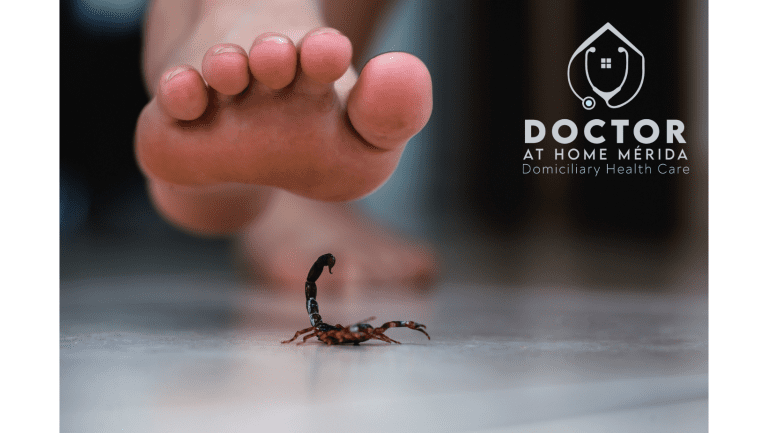Chagas Disease in Mérida, Yucatán: Causes, Symptoms, Treatments, and Prevention.

Chagas Disease, also known as American trypanosomiasis, is a parasitic disease caused by the protozoan Trypanosoma cruzi. While more common in certain regions of Latin America, including Mérida, Yucatán, it has also been reported in other parts of the world due to the migration of infected individuals. In this article, we will explore the causes, vectors, epidemiology, symptoms, complications, treatments, and prevention measures associated with Chagas disease in Mérida.
Causes and Vectors:
Chagas disease is primarily transmitted through the bite of infected triatomine insects, also known as “kissing bugs” or “vinchucas.” These insects are found in rural areas and hide in wall and roof cracks during the day, coming out at night to feed on the blood of humans and animals. Infection can also occur through other means, such as contaminated blood transfusions, vertical transmission from mother to child, and even by consuming food contaminated with the feces of triatomine bugs.
Chagas Epidemiology in Mérida:
In Mérida, Yucatán, Chagas disease has been considered endemic in some rural areas. Socioeconomic factors, living conditions, and the presence of triatomine bugs are influential factors in the disease’s prevalence in the region.
Symptoms and Complications:
Chagas disease has two phases: acute and chronic. The acute phase may go unnoticed or manifest with mild symptoms such as fever, fatigue, headache, and redness around the site of the bug bite. In the chronic phase, which can last for decades, the parasite can affect the heart and digestive system, causing cardiac and gastrointestinal problems, which can be potentially life-threatening.
Treatments and Prevention:
Treatment for Chagas disease is most effective in the early stage of infection. Specific medications are used to eliminate the parasite and reduce disease progression. However, in the chronic phase, treatment focuses on managing symptoms and complications.
Prevention is essential to reduce the risk of infection. Measures such as triatomine bug control, improving living conditions, conducting screening tests in blood donors, and avoiding the consumption of contaminated food can help prevent the spread of the disease.
Chagas Diagnostic Tests in Mérida:
In the acute stage, direct parasite detection tests can be performed using microscopy or polymerase chain reaction (PCR) techniques. In the chronic stage, serological tests are used to detect antibodies against the parasite in the blood.
In conclusion, Chagas disease is a health concern in Mérida, Yucatán. It is important to take preventive measures and seek early medical attention for proper diagnosis and treatment. Awareness and disease control are essential to reduce its impact on the community.
Remember, if you need a medical evaluation, you can contact us to schedule an appointment with one of our doctors.




